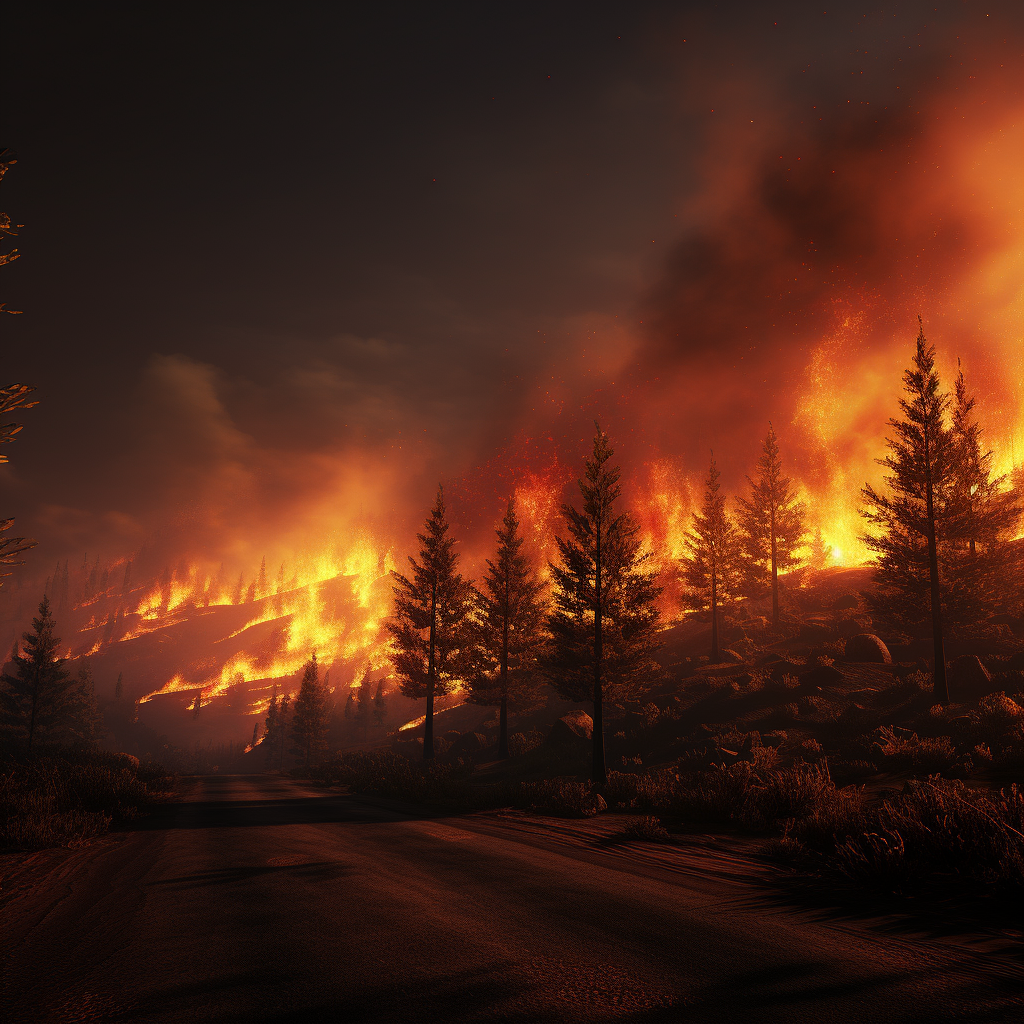August 25, 2023
Wildfires in Canada – A Dire Consequence of Climate Change and a Call to Action
Book a Demo
Climate change, a global concern, has more than doubled the probability of hot, dry, and windy conditions that result in wildfires. This fact has been reported by the World Weather Attribution initiative, which focuses on the effects of climate change on extreme weather events. Eastern Canada, especially the province of Quebec, has seen severe impacts of this change. The fire season in this region has been intensified by 50% due to climate change, and the actual impact could be even more drastic.
The wildfire situation in Canada this year has been nothing short of catastrophic, with over 15 million hectares of land devastated by the flames. These wildfires have claimed at least 17 lives and have caused over 150,000 evacuations. The brunt of this disaster has been borne by Quebec, which has been the hardest hit.
The damage caused by these wildfires is not limited to just land and life. The fires have also resulted in hazardous air pollution levels in Canada and even in the US. This has led to school shutdowns and a surge in asthma-related hospital admissions. The smoke from the wildfires has travelled far and wide, reaching even Western Europe.
Currently, approximately 1,000 fires are still burning across Canada. This has led to continued evacuations and the situation could worsen if the consumption of fossil fuels isn’t reduced. This is because fossil fuel consumption contributes to climate change, which in turn leads to harsher wildfire seasons.
The frequency and intensity of wildfires in Canada have been on the rise due to climate change. This has caused substantial damage to forests and residential areas. In fact, Canada’s annual burned area has doubled since the 1970s. The most significant increases have been observed in the northern forests of Alberta, Saskatchewan, and Manitoba.
Despite the growing risk of wildfires, there is a severe lack of funding and resources for forest management and fire suppression. This underlines the need for increased investment and policy changes. Without these, the devastation caused by wildfires could continue to grow, causing even more harm to life and property. The time to act against climate change and its effects is now.



